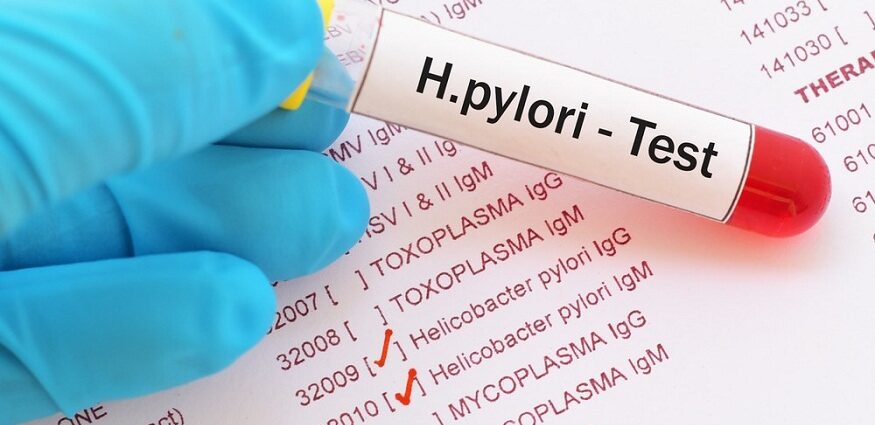- pylori is a common bacterium that can cause stomach issues. It’s important to understand how it impacts our digestive health. Gastroenterologists play a key role in diagnosing and managing H. pylori infections. They use their expertise to guide patients through testing and treatment. A gastroenterologist’s deep knowledge extends to conditions like Monroe diverticular disease too. This specialization ensures that patients receive thorough care tailored to their needs.
Understanding H. Pylori
- pylori is a bacterium that lives in the stomach. It can cause ulcers and lead to other stomach problems. Many people carry H. pylori without knowing it. Symptoms can include stomach pain, bloating, or nausea. In some cases, it can lead to more serious issues like stomach cancer. Understanding this bacterium is the first step toward effective treatment.
Diagnosis and Testing
Gastroenterologists use several methods to diagnose H. pylori. Tests include breath, blood, and stool samples. Each method has its benefits. A breath test checks for specific molecules that indicate an H. pylori infection. Blood tests look for antibodies, while stool tests detect the bacterium’s presence directly. The choice of test depends on the patient’s specific needs.
| Test Type | Advantages | Considerations |
| Breath Test | Non-invasive, quick results | Requires fasting |
| Blood Test | Simple, widely available | Cannot distinguish past from current infection |
| Stool Test | Highly accurate, detects active infection | Sample collection needed |
Treatment Approaches
Once diagnosed, a gastroenterologist plans treatment. This often involves antibiotics to kill the bacteria. The choice of antibiotics may vary. Proton pump inhibitors (PPIs) are also used to reduce stomach acid. This helps the antibiotics work better. Treatment usually lasts one to two weeks.
Managing Side Effects
Treatment can sometimes cause side effects like nausea or diarrhea. Gastroenterologists guide patients through managing these effects. Adjusting diet or taking probiotics can help. They ensure the patient remains comfortable throughout the process.
Importance of Follow-Up
After treatment, follow-up testing is crucial. This confirms whether the infection is gone. A gastroenterologist will schedule a follow-up test, often a few weeks after treatment ends. Ensuring the bacterium is eradicated helps prevent recurrence and complications.
Preventing Future Infections
Prevention is key in managing H. pylori. Simple hygiene practices can reduce the risk of infection. Washing hands and ensuring food is properly prepared are effective measures. A gastroenterologist may offer advice on lifestyle changes that support good digestive health.
Conclusion
Gastroenterologists are essential in diagnosing and managing H. pylori. Their expertise ensures effective treatment and management of this common infection. For more detailed information on H. pylori and its management, visit CDC’s resource on H. pylori. Understanding the role of these specialists can lead to better health outcomes and peace of mind.

